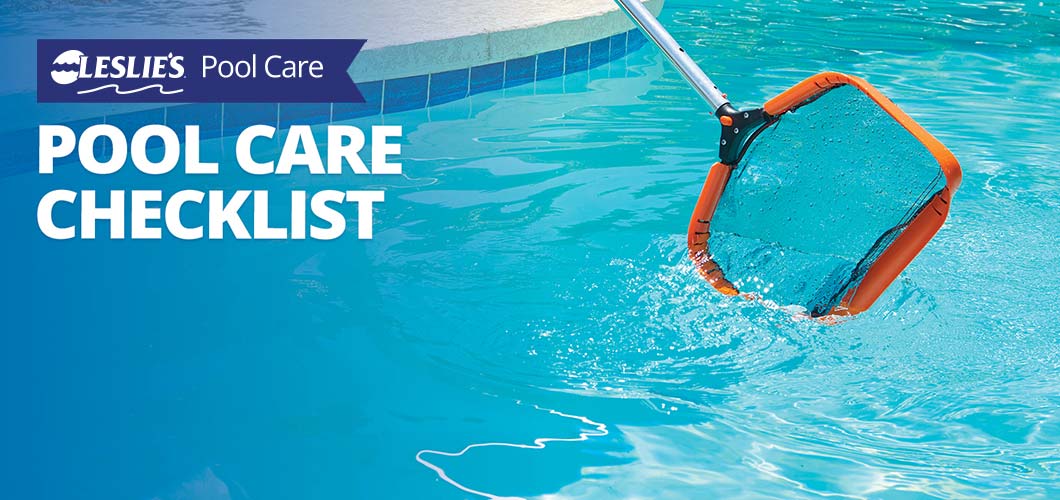
Leslie's Pool Care Checklist
At Leslie’s, we understand that a positive pool experience begins with working equipment and healthy water. With swimming season finally upon us, our team of pool experts want to do everything we can to help you get your pool swim-ready and keep it in pristine condition all summer long. If you’re ready to learn more about how to get pool water ready for swimming, find refreshers on a general pool care routine, or even learn about the key elements of a pool inspection checklist, you’re in the right place!
We've put together a handy Pool Care Checklist (downloadable version available below) to help ensure proper pool preparation to kick off swimming season, as well as general pool care tips to keep your water clean, safe, and beautiful all season long.

✔ Check Your Timer
Make sure your pump timer is set for the right season. Ask a Leslie’s expert or in-store technician for timer setting recommendations.
Having the right timer settings will ensure your pool pump and filter system isn’t wasting energy by running for too long, or impacting water health by not running long enough. As the weather changes, check your pool timer settings.
BONUS TIP: Not sure how long to run your pool pump? The general rule of thumb is to run the pump for at least 1 hour for every 10ºF of air temperature for a single speed pump. Variable speed pumps should run longer each day, since they run at lower speeds. Head over to our post on How to Calculate Pool Pump Run Time to learn more.
✔ Check & Empty Pump & Skimmer Basket(s)
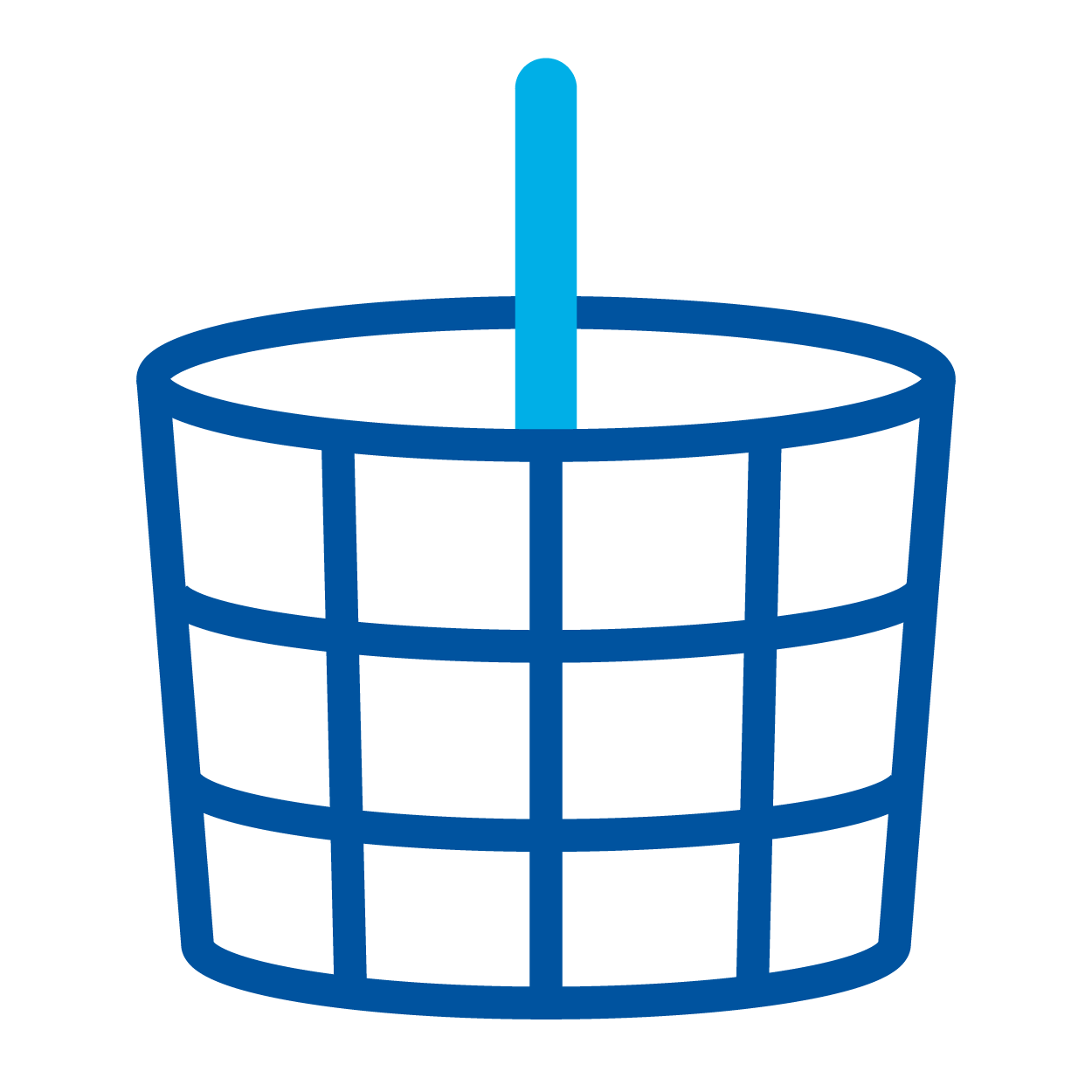
Check pump and skimmer baskets for damage, and replace if cracked.
Even a slight crack in your pump basket could allow debris to flow through, leading to hidden blockages in your pool's plumbing. With the strong water flow and pressure focused on your pump basket, it’s important to replace it at the first sign of damage.
Empty debris and leaves from pump and skimmer baskets.
The simple process of emptying the pump and skimmer baskets becomes even more important during the fall season, when leaves are more likely to fall into the pool. Not emptying the baskets can cause a blockage of your plumbing and filtration system, potentially causing significant harm to your pool pump.
✔ Check the Filter Pressure Gauge
The pressure gauge on your pool filter should be at ZERO while the pump is off. If not at ZERO, replace your pressure gauge.
While seemingly a tiny piece of your pool equipment, the pressure gauge is critical to understanding if your equipment is running properly and efficiently. With an improper reading, you may not immediately notice a small issue that could grow into something bigger and more damaging to your pool equipment. Don't overlook this part of the Pool Care Checklist!
✔ Check for Leaks
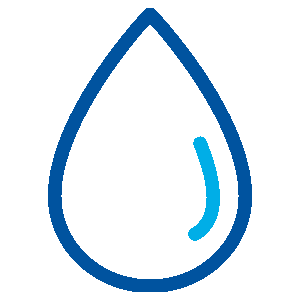
Check for leaks around your pump, filter, valves, and other equipment in the surrounding area.
Even small leaks in your plumbing or equipment can escalate dramatically, leaving you rushing to find a technician to come out and replace piping or pool equipment. At the first sign of unexpected water loss, try to isolate and patch or replace the problem part. You don’t want to come home from a weekend trip with a soggy surprise in the backyard.
Consult a Leslie’s Store Associate or Technician if leaks are present.
While a DIY patch may work in the short term, it unfortunately may not address the root cause of the issue. Improper pump sizing, PVC piping or other installation issues can lead to pesky, recurring challenges. Leslie’s technicians are specially trained for proper equipment sizing and installation.
✔ Lubricate O-Rings and Gaskets
Lubricate o-rings and gaskets on pump lid, filter, and backwash valves (if applicable).
After a long summer of pool fun, your o-rings may be due for some care. Lubricating the o-ring will ensure a proper and secure fit, and helps prevent water leakage problems or other damage. You can lubricate o-rings with a tube of silicone-based or Teflon-based pool lubricant. Leslie's Pool & Spa Lube works well for all pool equipment applications.
Replace stretched, cracked, or ill-fitting o-rings and gaskets.
You won't have to do this every time you go through the Pool Care Checklist, but it's important to check your o-rings at least once a year. Has it been a few years since you last removed your o-rings? Once removed from their place, o-rings can become stretched or warped, causing them to lose their sealing power. Replacing o-rings annually ensures you always have a tight, secure seal. Just make sure you get the correct o-ring replacement. Too often, we see pool owners settle for “close enough.” Unfortunately, “close enough” doesn’t quite work with o-rings. You need a 100% dimension match — both diameter and thickness — to ensure proper installation and a secure fit. We offer o-ring kits for almost every type and model of pool equipment.
✔ Clean or Backwash the Pool Filter
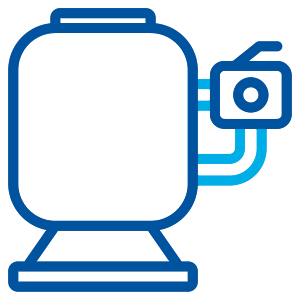
Cartridge Filters
Clean filter cartridge elements and replace them if they are cracked, torn, or damaged. We often recommend that pool owners keep backup cartridges on hand. Clean the filter cartridges when the pressure gauge reads 8–10 psi above the clean starting pressure, or according to manufacturer recommendations.
DE Filters
Clean DE grids and replace or recharge with low-dust DE powder. If the grids are torn or damaged, replace the grids. Regular backwashing will keep your pool clean and clear. Backwash or "bump" the filter when the pressure gauge reads 8–10 psi above the clean starting pressure, or according to manufacturer recommendations.
Sand Filters
Backwash your sand filter when the pressure gauge reads 8–10 psi above the clean starting pressure, or according to manufacturer recommendations. When filtration efficiency begins to decline (usually after 3–5 years), replace the pool filter sand.
✔ Check Salt Cell (if applicable)
Check salt cell for calcium buildup. If buildup is present, clean the cell.
Calcium buildup over many years is a common reason for salt cell replacement. You can stave off that replacement date with consistent cleansing and care of your pool salt cell. Be careful with the acid mixture and cleaning tools you choose to use to maintain your cell. Leslie’s experts can provide you with safe and easy-to-follow care instructions that will help you get the most out of your salt cell investment.
✔ Check Pool Cleaner
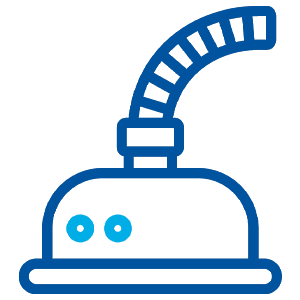
Check pool cleaner for any cracks or broken parts and sufficient suction.
Many pool cleaners available today have a few commonly replaced parts that tend to wear out with extended use. The experts at Leslie's can help you identify which parts may be close to the end of the line.
Bring your pool cleaner to Leslie’s for a FREE inspection and FREE repair labor.
Don’t struggle dissecting a broken wing flap or diaphragm. Our trained and certified in-store professionals are standing by to quickly diagnose and swap out parts in need of replacement.
BONUS TIP: When your pool cleaner isn't acting right, bring it to your local Leslie's for a free in-store inspection. If repairs are needed, take advantage of free in-store labor on pool cleaner repairs. All you pay for are the parts — we'll take care of the rest for you.
✔ Skim & Brush Pool
Skim leaves and debris from pool. Brush pool for an extra clean.
While this may seem like a routine and simple piece of maintenance on the Pool Care Checklist, it can often be one of the most critical. Regular brushing and skimming will ensure a stubborn algae strain doesn’t find a comfortable home on your pool walls or floor. By dislodging debris from the walls and floor, you allow your filtration system to be many times more effective. Most algae and wall discoloration issues arise from infrequent brushing.
✔ Check Auto Chlorinator (if applicable)
Refill auto chlorinator and adjust settings as needed.
Replace cracked, leaking, or broken parts.
✔ Fill the Floater
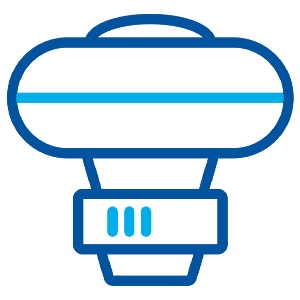
Fill the floating chlorine dispenser. Replace floater if cracked or damaged.
Whether you’re using a floating chlorine feeder or a more automated method of sanitization, it’s important to ensure your pool receives a steady supply of Free Available Chlorine (FAC). This steady supply of chlorine will help your water better handle the peaks and valleys that come with rain, heavy usage, leaves, birds and other wildlife, and much more.
✔ Test Pool Water
Bring a water sample into Leslie’s for a FREE 10-Point Water Test.
Within 60 seconds, receive a comprehensive, customized water treatment plan tailored for your pool's specific needs. Our industry-leading AccuBlue® water testing experience unveils. Our certified in-store pool experts will guide you through proper treatment steps and chemical dosages, ensuring you have a clear path to a clean, safe, and beautiful pool.
Complete an At-Home Water Test Kit or Strips.
If a store visit isn’t an option, keep an at-home testing kit handy to identify issues with your core chemical levels. Whether you’re using handy test strips or a complete water test kit, it’s important to consistently check the condition of your pool water.
✔ Balance Pool Water
Balance your pool water according to water test results.
Now that you’ve diagnosed your pool and understand the treatment plan, ensure you have the right pool chemicals on hand to spring into action. Whether you need chlorine, shock, water balancers, or any of our other quality pool chemicals, your local Leslie’s will have stock on hand for same-day treatment. Learn more about all aspects of pool water balance in our guide, Pool Chemistry 101.
Download this printable version of the Leslie's Pool Care Checklist and keep it available for whenever you need it:
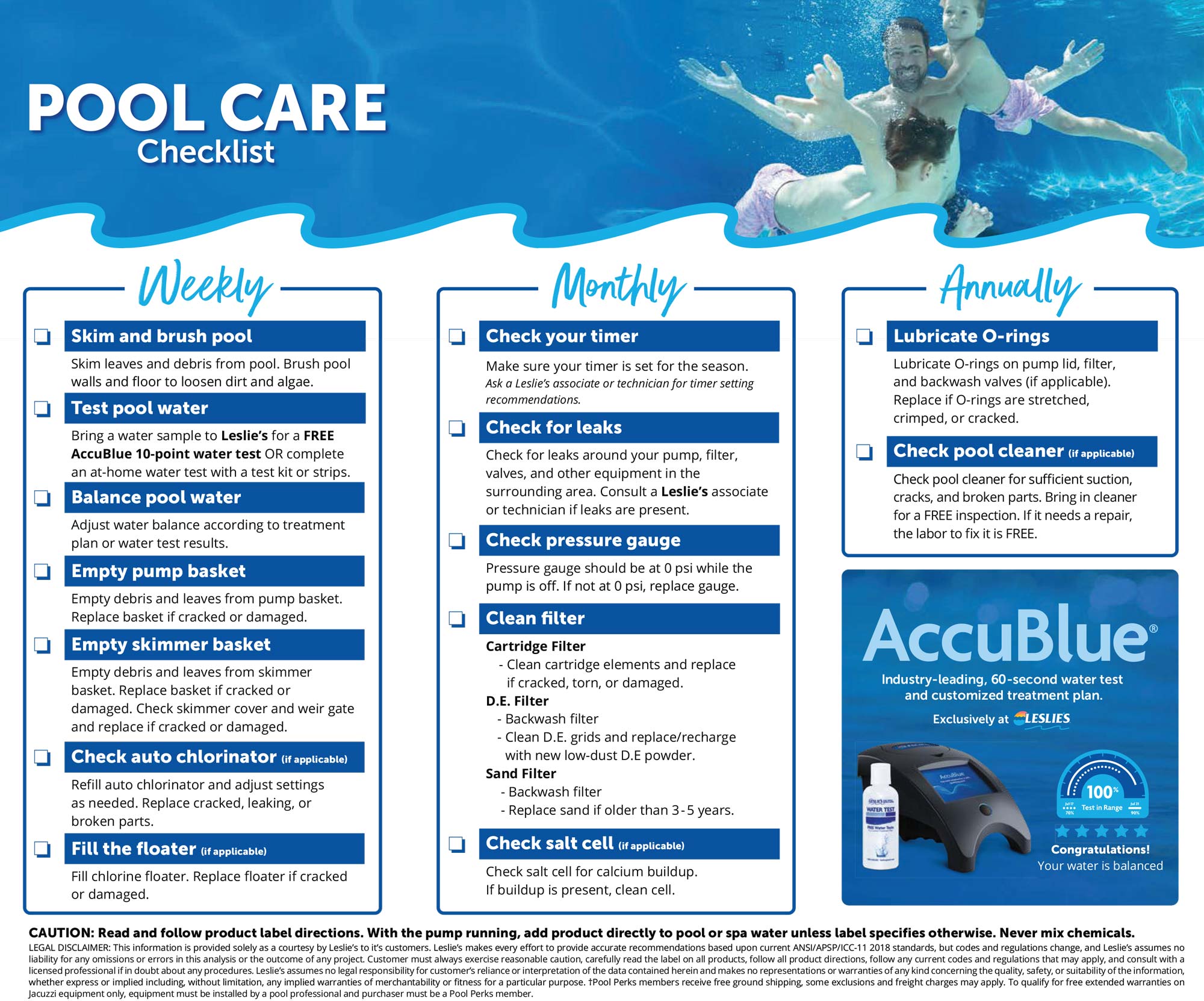
If you have additional questions about routine pool care, call or stop by your local Leslie's store to speak with a friendly pool expert.